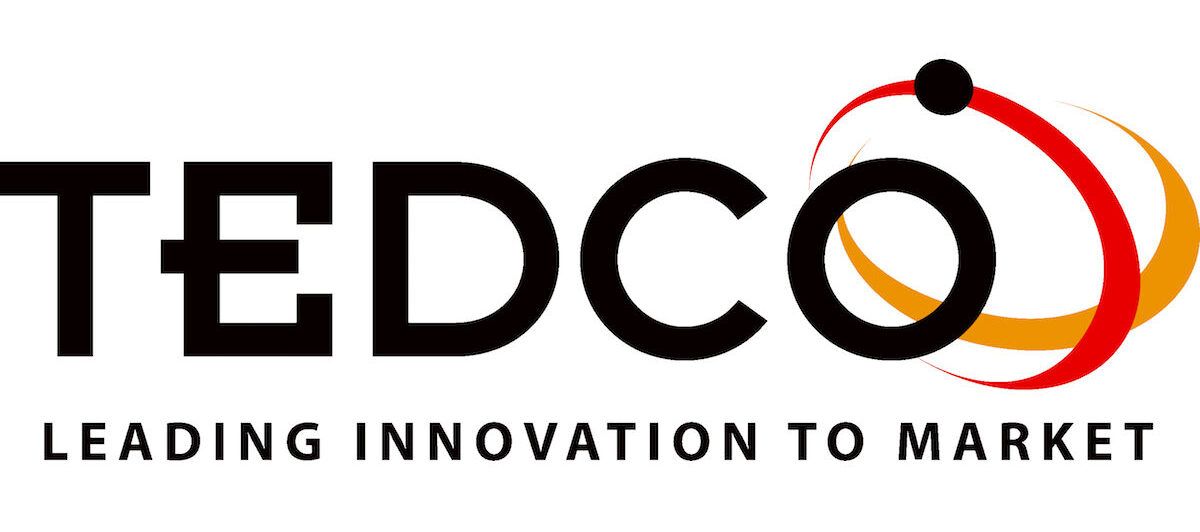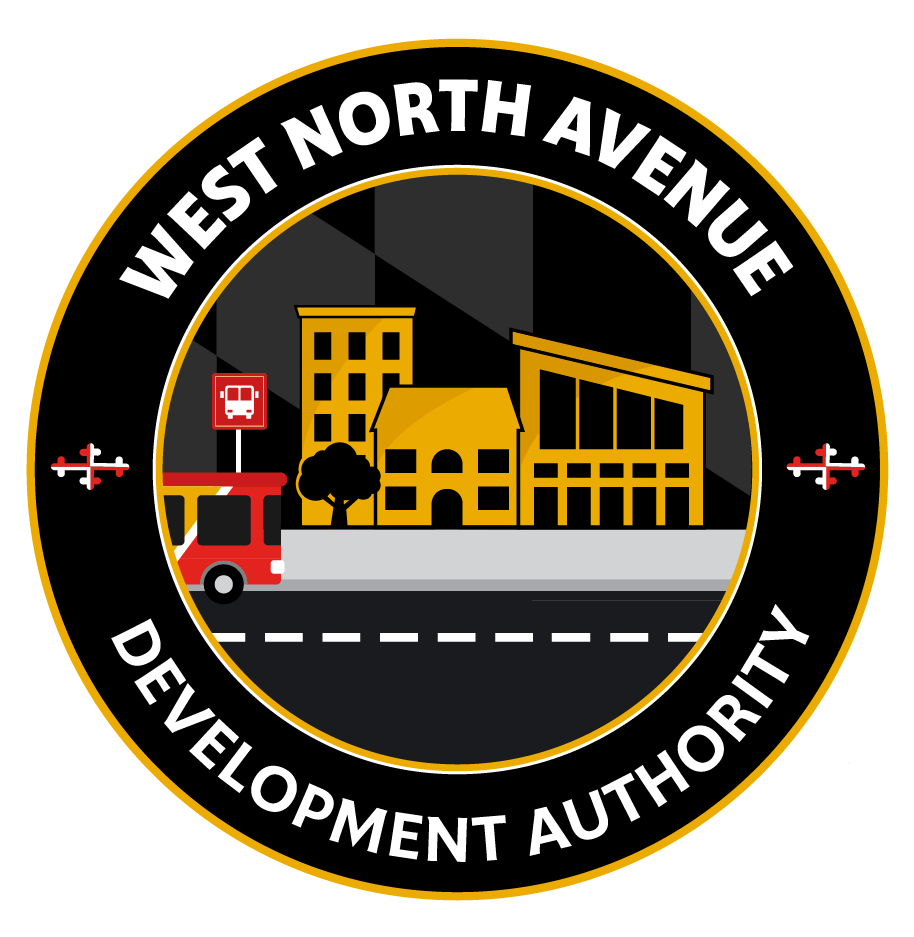IEDC Course: Managing Economic Development Offices
- This event has passed.
This course will be in Baltimore, MD.
This advanced course will focus on the key principles and practices of professional management in economic development. It will define excellence in economic development and explain the fundamentals of managing for results, outcome-based performance, organizational assessment, stakeholder identification, vision and mission scope, organizational culture and more. Also, participants will learn how to engage their board or council, staff and community stakeholders, constituents, and customers to achieve results in job creation, tax-base stabilization and community growth and development. Since EDOs differ from one another depending on their available resources, location, and mission, this course is designed to equip a leader of any organization to make the right decisions.
Course Highlights:
• Outcome-based management and performance
• Managing conflict and developing a statement of ethics
• Understanding and evaluating the EDOs core competencies
• Serving the customer and measuring customer satisfaction
• Improving knowledge management and internal processes
• Working with board/city council members, staff and community stakeholders
• Team building, determining hiring needs, and managing budgets
• Leveraging existing resources and working with regional organizations
Agenda
| February 26 | |
| 8:30 – 9:00 am | Registration |
| 9:00 – 10:30 am | Managing for Excellence: An Introduction to Managing Economic Development Organizations Successful Economic Development Organizations (EDOs) are distinguished by their ability to be innovative in their program activities and to quickly react to changes in the marketplace. To do this, an EDO manager or Executive Director must engage the board of directors and staff to create an efficient and effective organization. Participants will be introduced to the various aspects of EDO management, with an eye toward achieving organizational excellence. |
| 10:30 – 10:45 am | Break |
| 10:45 am – Noon | Defining an Organization’s Identity Before embarking on ambitious plans for community improvement, EDO leaders must first determine “who” or “what” the organization is. In order to plan for where you want go, you must know where you are. In this session, participants will look closely at the structure of their own organizations, including formal components such as value and mission statements and less tangible elements like organizational culture and communication styles. |
| Noon – 1:15 pm | Lunch on your own |
| 1:15 – 2:45 pm | Envisioning the Future An effective organization has a clear sense of itself and where it wants to go. It can clearly articulate its direction, purpose, goals and rationale for the actions it is pursuing. This session will examine strategic planning and how EDO leaders can best facilitate that process among stakeholders and the Board of Directors. |
| 2:45 – 3:00 pm | Break |
| 3:00 – 4:30 pm | Serving the Customer EDOs have different ways of defining their customers. Some may see city hall as the primary customer, others business leaders or the community as a whole. All EDOs should have a clear sense of who their customers are and what they expect. If the customer’s perception of your organization is positive, i.e., they perceive you will offer them a quality product, they are likely to continue to do business with you. This session will focus on how organizations can meet and exceed consumer expectations. |
| February 27 | |
| 9:00 – 10:15 am | Improving Internal Processes In order to better serve the customer, it is important to closely explore the organization’s internal processes. This session will look at ways for EDOs to best align organizational processes toward delivering customer value. In addition, participants will identify methods that will help structure meetings and develop trainings so that employees are able to work collaboratively to solve problems and deliver results to the customer. |
| 10:15 – 10:30 am | Break |
| 10:30 – 11:45 am | Defining Leadership EDOs need strong boards to provide strategic leadership and to leverage resources. Unfortunately, many boards fall short of their full leadership potential. How can the expertise and experience of board members best be utilized? This session will explore some of the pitfalls of board management and look at various strategies to fully engage board members in developing and implementing a strategic agenda. |
| 11:45 am – 1:00 pm | Lunch on your own |
| 1:00 – 2:15 pm | Measuring Performance / Case Study With internal processes improved, how can an organization know if the changes are having an impact on performance? To do this, EDO managers employ a number of tools to monitor day-to-day progress, assess performance and most importantly, measure community impact. In this session, participants will review the steps for successful achievement of outcome-based performance in an organization. |
| 2:15 – 2:30 pm | Break |
| 2:30 – 4:30 pm | Organizational Ethics: Focus on EDOs As organizations and institutions evolve, underscoring the need for regular education about acceptable conduct in the profession and the organization is needed to ensure long-term growth and development. This session will focus on ethics and EDOs and it help participants work through case studies to better understand ethics and economic development. |
| 4:15 – 4:30 pm | Wrap-up/Evaluation/Certificates |
| * Agenda subject to change | |
| **PLEASE NOTE: In order to receive full IEDC certification credit for this course and a certificate indicating course completion, participants must attend the entire course and stay through the final session on the last day. Please make travel plans accordingly.** | |
Certification
 |
This course meets the professional development requirements for theCertified Economic Developer (CEcD) exam. CEcDs earn recertification credits for participation. |
Accommodations/Training Location
Information forthcoming.
Registration
| By Jan 15 | Jan 15 – Feb 12 | *After Feb 12 | |
| IEDC Member | $435 | $575 | $595 |
| Non-member | $535 | $675 | $695 |
| Full Time Student** | $105 | $125 | $145 |
*Walk-in registrations will be accepted. Full payment must be made on-site in order to attend the course.
** Copy of current transcript required.
When
Thu, Feb 26, 2015 - Fri, Feb 27, 2015




